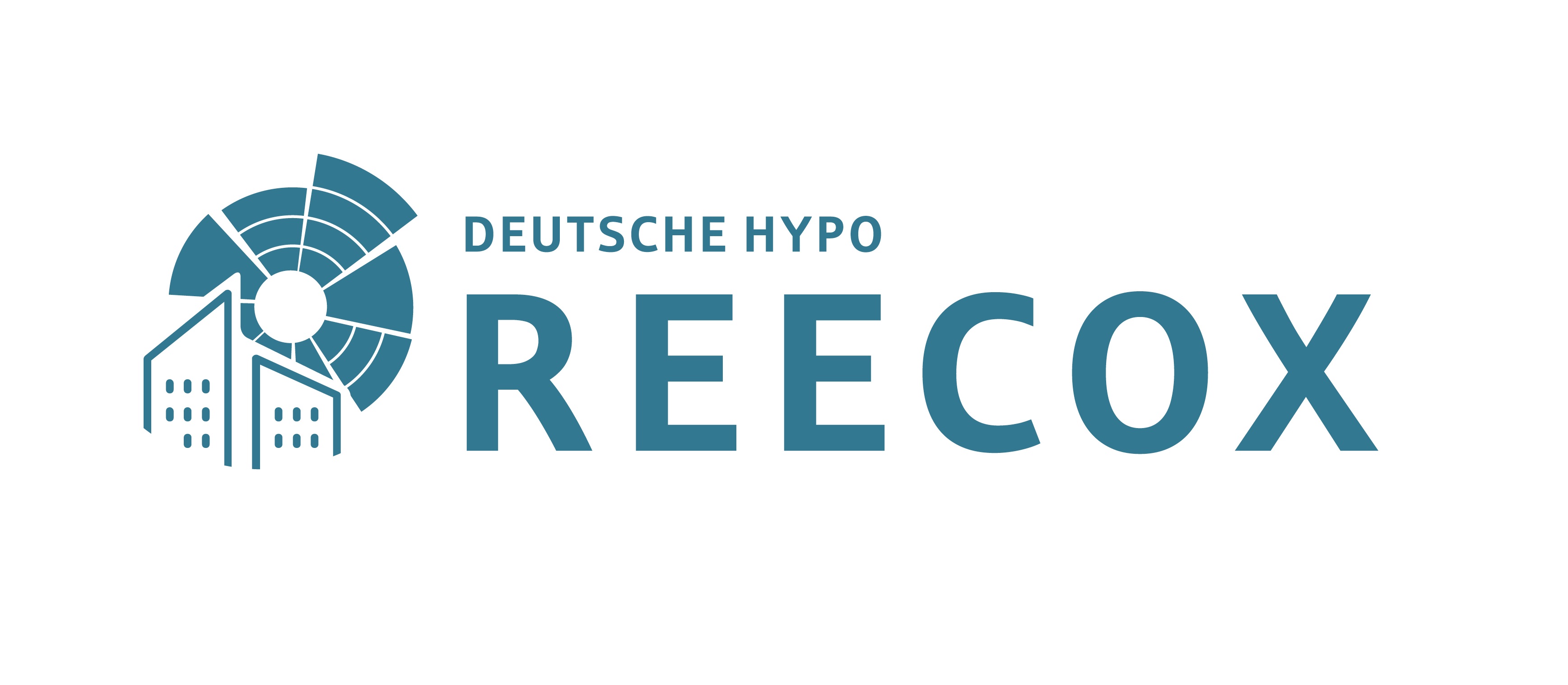Deutsche Hypo REECOX loses 11.8 % quarter on quarter
The first quarter of 2020 got off to a positive start for the German real estate sector. However, this positive development was neutralised in February. In March, the COVID-19 crisis finally had an impact on the REECOX as well. Altogether, the REECOX Germany lost 11.8 % quarter on quarter, falling to 268.4 points. The last time the index saw a double-digit drop was after the attack on the World Trade Center in September 2001 and during the financial crisis in October 2008. The Euro Score also fell as a result of the coronavirus pandemic, declining by 9.4 % compared to the previous quarter to stand at 213.3 points.
Sabine Barthauer, Member of the Board of Managing Directors at Deutsche Hypo: “Following a positive start to 2020, the coronavirus pandemic and the associated restrictions have had a significant impact on all our lives. However, the magnitude differs substantially from country to country. The hope is that we are able to return to normality as quickly as possible following this difficult time.”
Once every quarter, the REECOX provides an overview of real estate market activity in Germany, France, the UK, Poland, Spain and the Netherlands. The index for each of the six countries is calculated using five input variables. In Germany, those variables are the DAX, the DIMAX, the European Union’s Economic Sentiment Indicator for Germany, the basic rate of interest pursuant to Section 247 of the German Civil Code (BGB) and the interest rate for ten-year German government bonds. After a historic peak at over 13,000 points in autumn 2019, the DAX lost 25 % quarter on quarter to fall below the 10,000-point mark – its lowest level since summer 2016. Germany’s DIMAX real estate share index also saw similarly negative development and finished the first quarter of 2020 16.8 % lower at 755.2 points.
Ingo Albert, Head of the Frankfurt office, says: “The impact of the coronavirus pandemic and the measures to prevent and reduce its spread left their mark on economic development in the first quarter of 2020. The fact of the matter is that we are facing difficult economic times and that it is still too early for a reliable outlook in light of the impossible-to-estimate duration of the crisis.”

